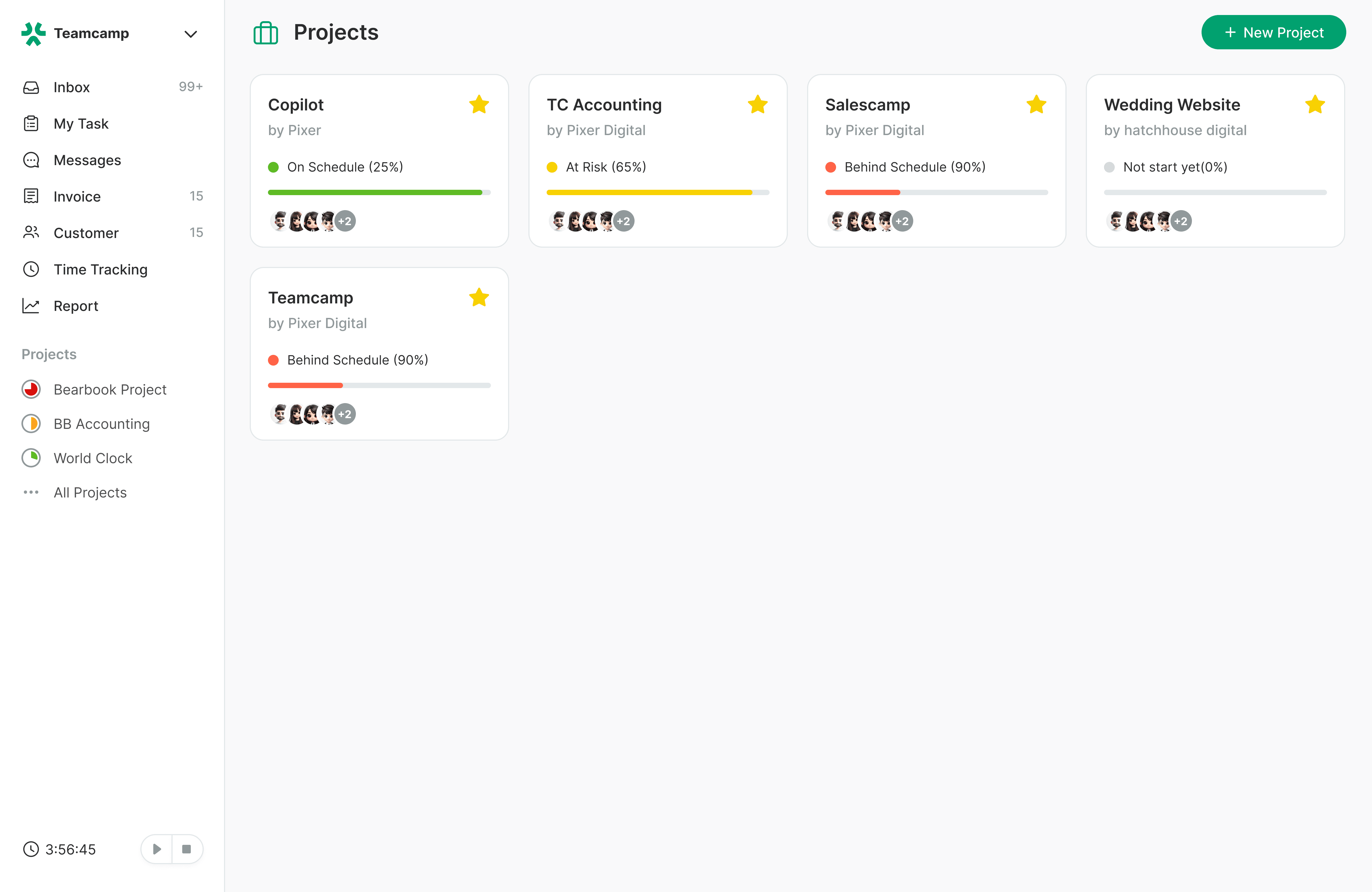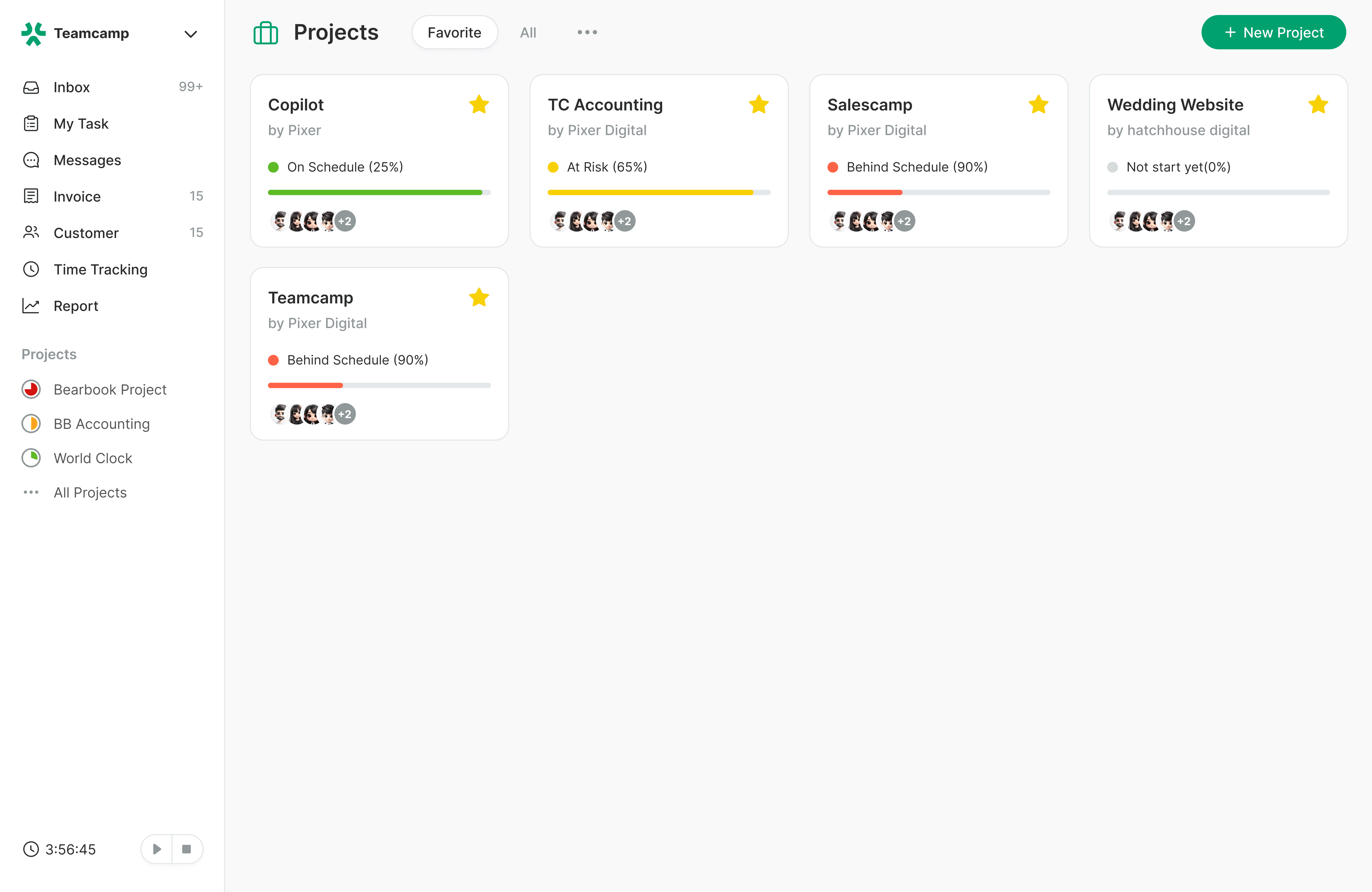Mastering Project Success: A Guide to Effective Decomposition
Introduction
Project management is the art of turning complex ideas into reality. From building skyscrapers to launching new software, projects are the lifeblood of any organization. However, they can quickly become overwhelming without proper planning and organization. Let's explore the concept of decomposition and how it can be your weapon in achieving project success.
Understanding Decomposition
Defining Decomposition in Project Management
Decomposition in project management is breaking a project into smaller, more manageable components or tasks. It's like dissecting a complex puzzle into its pieces, making it easier to understand and solve.
Why Decomposition Matters
Why is decomposition so crucial in project management? Imagine building a house without breaking it into its constituent parts – the foundation, walls, roof, plumbing, and electrical systems. Decomposition allows you to analyze and manage each component separately, leading to a more organized and efficient project.
Real-Life Examples
Let's look at some real-life examples to illustrate the importance of decomposition:
Apollo 11 Moon Landing: NASA decomposed the monumental task of landing on the moon into various stages, from launch to lunar orbit to moon landing. This breakdown allowed them to manage each phase effectively.
Software Development: In software development, decomposing a project involves defining features, modules, and sub-tasks. This ensures that developers can work on distinct components without getting overwhelmed.
Benefits of Effective Decomposition
Advantages of Breaking It Down
Effective decomposition offers several benefits:
Improved Planning: It helps you create a clear project roadmap with well-defined tasks and milestones.
Enhanced Execution: Teams can focus on individual tasks, leading to improved efficiency and quality.
Better Risk Management: Identifying potential risks at the task level allows for proactive risk mitigation.
Resource Allocation: Decomposition aids in allocating resources appropriately, ensuring that no aspect of the project is under or over-resourced.
The Decomposition Process
Step-by-Step Guide
Breaking down a project into smaller tasks requires a systematic approach:
Define the Project Scope: Start by defining the project's objectives and boundaries clearly.
Identify Deliverables: Determine the main deliverables or outcomes of the project.
Work Breakdown Structure (WBS): Create a hierarchical structure representing the project's components, starting with the highest-level tasks and breaking them into sub-tasks.
Task Dependencies: Identify task dependencies and relationships to determine the order in which tasks should be executed.
Estimate Task Durations: Assign estimated durations to each task to develop a realistic project timeline.
Assign Responsibilities: Allocate tasks to team members based on their skills and expertise.
Tools and Techniques
Utilizing Tools for Decomposition
Several tools and techniques can simplify the decomposition process:
Work Breakdown Structure (WBS): WBS visually represents the project's components, making it easier to understand and manage.
Gantt Charts: Gantt charts provide a timeline view of tasks, helping project managers track progress and dependencies.
Mind Mapping Software: They can be used to brainstorm and visually organize project tasks.
Digital Tools for Decomposition
In the digital age, project managers can take advantage of software tools designed for decomposition:
Trello: A popular tool that allows you to create boards, lists, and cards to represent project tasks.
Microsoft Project: A project management software that includes task decomposition, scheduling, and resource allocation features.
Asana: A collaborative work management tool to help teams organize tasks and projects.
Common Challenges and How to Overcome Them
Pitfalls in Decomposition
While decomposition offers numerous advantages, it's not without challenges:
Overcomplication: Some project managers may need more clarity on the decomposition process.
Incomplete Decomposition: Failing to break down tasks adequately can result in overlooked details and potential project bottlenecks.
Solutions and Strategies
To overcome these challenges:
Maintain Simplicity: Keep the decomposition process simple and focused on essential tasks.
Regular Review: Continuously review and refine the project's decomposition as it progresses.
Team Involvement: Involve team members in the decomposition process to gain diverse perspectives and ensure buy-in.
Tips for Effective Project Decomposition
Practical Tips and Best Practices
To master decomposition in project management:
Start Early: Begin the decomposition process during project initiation.
Regularly Update: Keep the decomposition plan dynamic and adjust it as needed.
Document Everything: Maintain detailed documentation of tasks, dependencies, and changes.
Conclusion
Summarizing the Key Takeaways
In conclusion, effective decomposition is the key to mastering project success. By breaking complex projects into manageable tasks, you can plan, execute, and monitor your projects more efficiently. Remember that decomposition is not a one-time process; it requires continuous refinement and adaptation as the project evolves.
Closing Thoughts
As you embark on your next project management journey, embrace the power of decomposition. Share your experiences and insights with fellow project managers, and always continue learning and improving your project management skills. By mastering the art of decomposition, you'll be better equipped to tackle even the most complex projects confidently.
Share :




